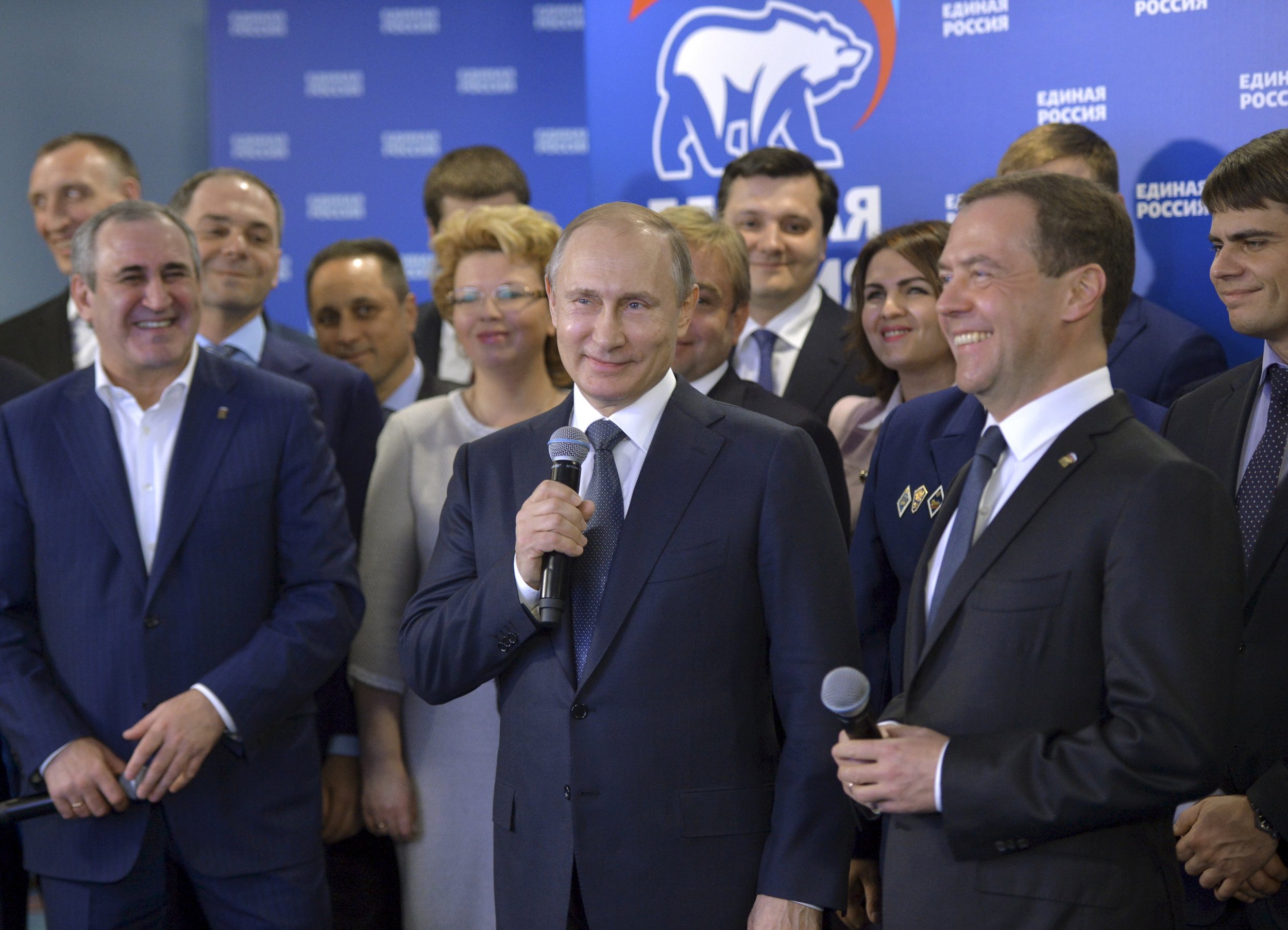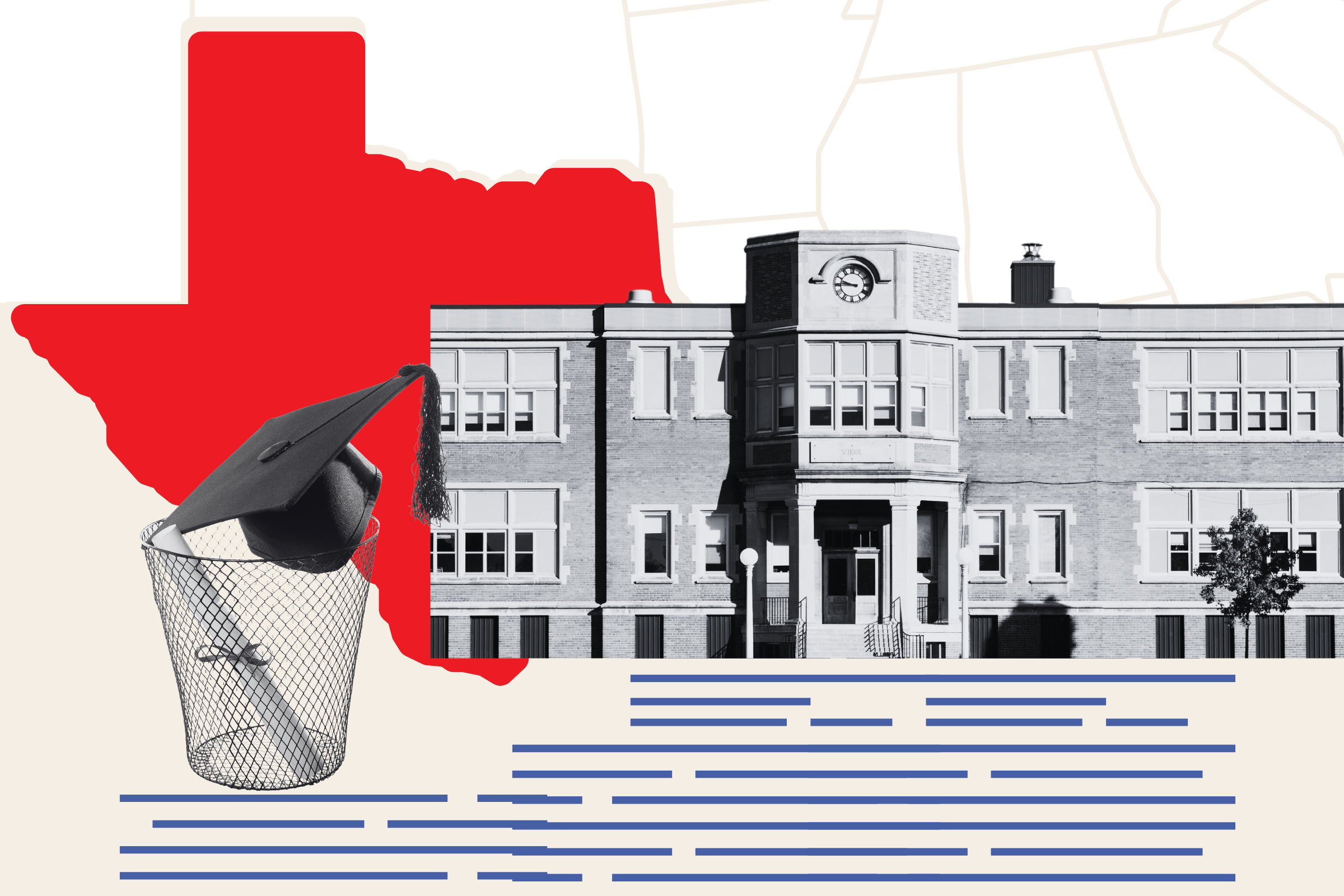
As I drove towards St. Petersburg on a recent trip, I couldn't miss the billboards featuring politicians running in the Russian parliamentary elections on Sunday. Their slogans promised they would stand by the people and represent their interests. Most of the posters had a bluish-white background, the official colors of United Russia, President Vladimir Putin's ruling party.
My taxi took me to the railway station, from where I caught a commuter train, or elektrichka, to a town south of the city. I've been on several elektrichkas before and have grown accustomed to the old, cigarette-smelling, Soviet-era carriages and the noisy hawkers selling anything from maps to ice cream and socks. So this time I was taken aback by what greeted me on the platform: a brand new Siemens-manufactured train with comfortable chairs, air conditioning and announcements in Russian and English. Had the government finally started investing in the superannuated railway network, or was this just another crowd-pleaser, like the big pension rise announced last month?
After a two-hour journey, I arrived at my destination. On an evening walk through the centre, I saw the same billboards with the same election slogans. There was a noticeable difference, though—each included a Putin quote praising United Russia.
I headed in the direction of music drifting from the main square, where a concert in support of United Russia was in full swing. Singers bellowed out popular Russian songs, a bunch of youngsters handed out United Russia election leaflets, and others plied the audience with alcohol and biscuits. But I was not sure that people were enjoying the event that much. It reminded me of accounts I had read about 15th-century carnivals held by the ruling families of Florence concerned that they had fallen out of favor with their subjects.
I asked some in the crowd what they thought of the election candidates and United Russia in general. The answers were broadly the same. Most said that the ruling party was corrupt and that nothing has been done in the last few years—the roads were still bad and utility bills had gone through the roof. The list of complaints went on and on. So I said, "Well, why don't you vote for opposition candidates?" But they angrily dismissed them as American stooges. And while nobody expected United Russia candidates to improve things, they said they would never be Western puppets. Do you not watch the TV, one asked me?
Back at my hotel, a few of the guests were glued to the evening news on 1TV, one of the Kremlin's mouthpieces. The coverage featured Russian bombers killing terrorists in Syria, the Ministry of the Interior arresting a corrupt official in some remote region, the Kremlin defying the US over a deal with Ukraine, and so on and so on. For anyone who follows Russia, this is music to the ears of most people who grew up in the Soviet Union. Russia is great again.
Around halfway through the bulletin, there was a story about Russia striking an economic agreement with Turkey. One of the hotel guests commented proudly that the Americans could do nothing to prevent Russia trading with Turkey. 1TV made no mention of the bitter row between the two countries over the downing of a Russian jet in Syria in November 2015. Up until the recent rapprochement, the channel had dismissed Turkey as Russia's enemy.
What I experienced in the town highlighted the extent to which the Kremlin controls public attitudes. Russia does have pockets of free-thinking, educated voters in big cities such as Moscow and St. Petersburg, but the overwhelming majority of the population live in small towns, their understanding of the country and the world dictated by what they pick up from state-controlled media.
Time and again, I heard people parrot 1TV rhetoric in their criticism of the West and support for Putin. They seemed to inhabit a false reality created by public broadcasters. Most had no real understanding of why the country was in such a mess. All that mattered was that Putin knew what was going on and could be trusted to deal with the problems.
As I waited for my train back to St. Petersburg, I recognized some of the youngsters who had been handing out United Russia leaflets the evening before. Now they were wearing T-shirts emblazoned with United Liberal Democratic Party. Confused, I asked them which party they worked for. They said 'their boss' coordinated election activities for both camps. It is apparently a classic Kremlin election ploy: the bankrolling of ruling and opposition parties to create the impression of a free and fair ballot.
The train arrived, but it was the same old elektrichka. I doubted whether there would be any more concerts and biscuits. It almost felt like the elections were over.
Nicolae Reutoi is a senior analyst at the business intelligence consultancy Alaco.
Uncommon Knowledge
Newsweek is committed to challenging conventional wisdom and finding connections in the search for common ground.
Newsweek is committed to challenging conventional wisdom and finding connections in the search for common ground.
About the writer
To read how Newsweek uses AI as a newsroom tool, Click here.








